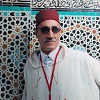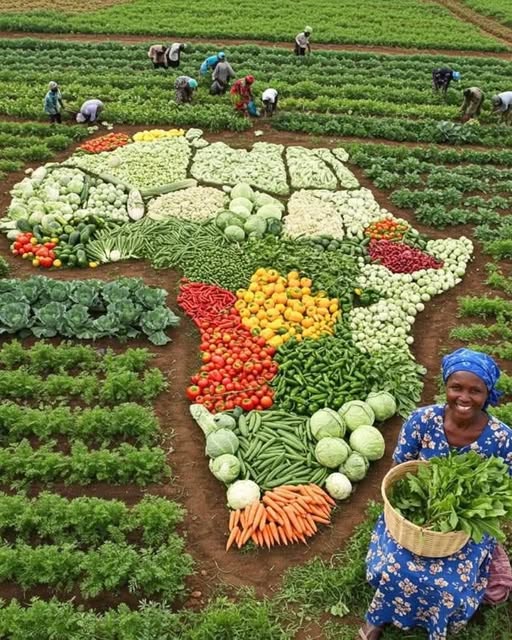Best Overland Tours to Mauritania
Discover Mauritania — a vast and mysterious land where the Atlantic coast meets the boundless Sahara. With nearly ninety percent of the country made up of untouched desert, Mauritania remains one of Africa’s last true frontiers for explorers, photographers, and seekers of wilderness. From ancient caravan towns to nomadic encampments and sweeping dune seas, this emerging travel destination offers a rare encounter with landscapes and cultures that have endured beyond time.
Our small-group expeditions are designed with care and responsibility, supporting local communities and respecting traditional ways of life. Travel alongside expert guides as you explore Mauritania’s diverse heritage, Saharan trade routes, camel caravans, Atlantic dunes, oases, and living desert culture. These journeys blend adventure with purpose — creating authentic connections, meaningful experiences, and ethical engagement with the people and environments you visit.
Join Sarah Tours for a profound and unforgettable Mauritania desert expedition — where exploration, cultural discovery, and responsible travel come together in one extraordinary journey.
Our Mauritania trips
Advanced search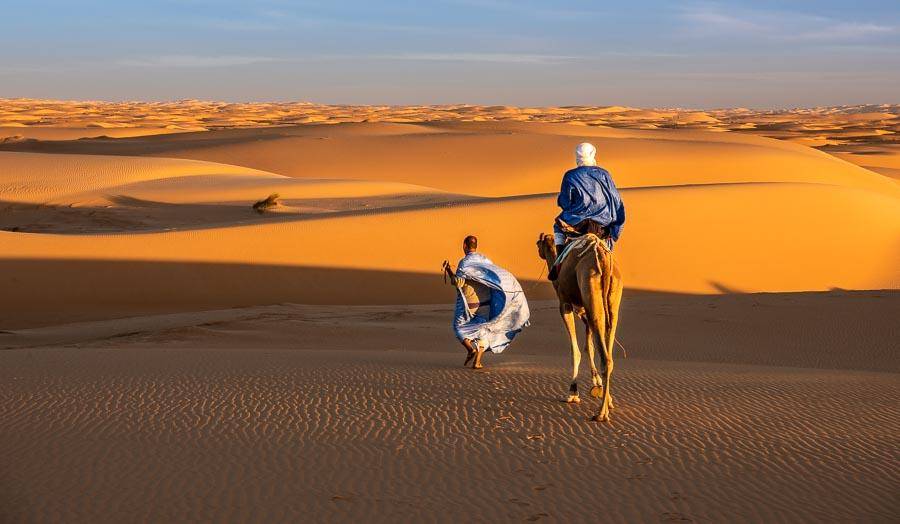
Mauritania Adventure Tour
Is Mauritania a travel destination? Yes, indeed. This Mauritania overland expedition takes you from the Capital, Nouakchott to the remote hinterland of the Adrar, along with a small group of like-minded travelers like yourself accompanied by expert local guides to help you get the best of Mauritania overland culture and adventure.
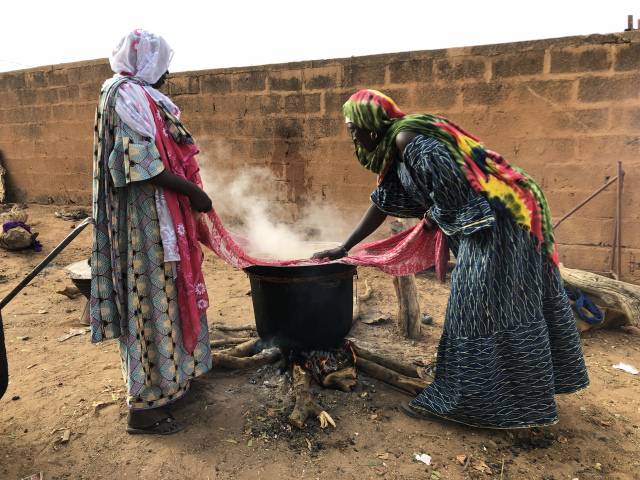
Goodwill Tours to Mauritania
Are group tours cheaper? Group tours are usually cheaper than private. However, you should also consider that group tours save you a lot of time in research, organization, and booking your trip and activities. On this Mauritania small group tour, you will encounter nomadic settlements under Goat hair tents and transhuman villages mainly of pastors and camel herders, you will also visit Imragen villages and hear about the symbiotic existence of fishermen and dolphins. Mauritania's capital, Nouakchott, creates an exciting starting point for our seven-day expedition exploring natural sites and lagoons with the bird species of Banc d’Arguin National Park and monk seals at Cap Blanc creating in contrast to the arid desert with wildlife watching encounters way off the traditional stomping ground of binocular wielding twitchers. the trip starts from Nouakchott across vast swathes of desert, visit the ancient caravan terminal Trans-Sahara trade at Chinguetti and Ouadane, drive along the natural and little-visited coastline, and then head off on a desert expedition into the Sahara. Exploring Mauritania, you’ll travel overland past dunes, salt swamps, and mountains to Chinguetti, an almost deserted stone town that was once the capital of the Moorish Empire, and still holds a library with a fascinating collection of ancient books and manuscripts. The Atlantic shoreline, around Nouadhibou, is devastatingly beautiful with the wrecks of ships catching the imagination of pioneers of another era prior to heading inland towards the world’s third-largest monolithic site, Ben Amera, which casts shade over the desert like a gigantic ancient sun clock. Based on African American Heritage tours. Bring small donations or supplies if visiting schools or centers (ask in advance) Learn a few phrases in Hassaniya Arabic or Pulaar Dress respectfully (lightweight, loose, and modest clothing) Be open to slower rhythms and tea ceremonies – they’re important! Partner with local NGOs or cultural associations to deepen impact
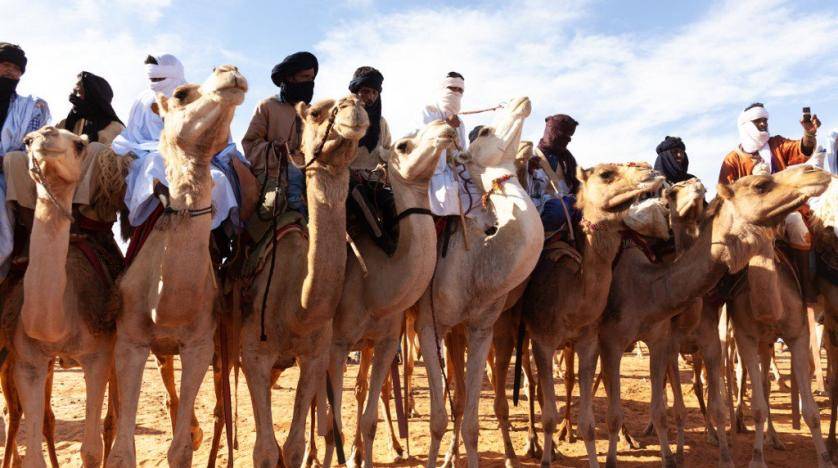
Mauritania Trans-Sahara Expedition
Are group tours cheaper? Group tours are usually cheaper than private. However, it would be best if you also considered that group tours save you a lot of time in research, organization, and booking your trip and activities. Welcome to our Mauritania cultural and overland tours. The Atlantic shoreline around Nouadhibou is devastatingly beautiful, with the wrecks of ships catching the imagination of pioneers of another era before heading inland towards the world’s third-largest monolithic site of Ben Amera, which casts shade over the desert like a gigantic ancient sun clock.
Trending Mauritania Deals
See dealsCustomer reviews
Overall Rating
Guide
Excellent
Transportation
Excellent
Meals
Excellent
Accommodation
Excellent
No reviews yet.
Morocco Articles
Mauritania FAQs
Mauritania offers a rich blend of cultural, historical, and natural attractions:
• Ancient Ksours (Trading Cities): The ancient towns of Ouadane, Chinguetti, Tichitt, and Oualata are UNESCO World Heritage Sites that once served as important stops on the trans-Saharan caravan trade routes. Chinguetti, in particular, is known for its ancient libraries, preserving centuries-old Islamic manuscripts.
• Atar and Adrar Region: The Adrar plateau, with its stunning desert landscapes and rock formations, is home to many ancient settlements. The region is also famous for nomadic culture.
• Banc d’Arguin National Park: A UNESCO World Heritage site, this coastal park is a haven for migratory birds and traditional Imraguen fishermen, who use ancient fishing methods with the help of dolphins.
• Nouakchott: Mauritania’s capital city is a vibrant blend of modernity and tradition, with bustling markets, the Port de Pêche (Fishing Port), and opportunities to witness traditional music and dance performances.
Mauritania offers a variety of immersive cultural experiences:
• Nomadic Culture: Travelers can engage with nomadic Bedouin communities that still maintain a traditional way of life. They live in tents and move with their livestock across the desert. Visitors can learn about their customs, music, food, and camel herding traditions.
• Saharan Desert Treks: Embarking on a camel trek or 4x4 expedition through the Sahara is a quintessential Mauritanian experience. Travelers can visit Erg Amatlich, Guelb Er Richat (the Eye of the Sahara), and sleep under the stars in a desert camp.
• Traditional Music: Mauritanian music is deeply tied to the griot tradition, where singers and musicians serve as storytellers and historians. Listening to traditional Mauritanian Moorish music played on instruments like the ardîn (a harp-like instrument) is an unforgettable cultural experience.
• Desert Markets: Exploring local souks and markets, such as in Nouakchott or Chinguetti, allows visitors to shop for artisanal crafts, traditional clothing, jewelry, and spices while experiencing the vibrant local culture.
Mauritania has several significant historical and religious sites:
• Chinguetti Mosque: One of the oldest mosques in West Africa, this sandstone symbolizes Mauritania’s Islamic heritage. The town was a key center of Islamic learning and pilgrimage, with ancient libraries that housed manuscripts on theology, astronomy, and medicine.
• Ksar Ouadane: This ancient town, with its stone houses and alleyways, is a well-preserved reminder of Mauritania’s importance in the trans-Saharan trade routes.
• Tijikja: A historical town known for its Islamic architecture and ksour (fortified villages), Tijikja is a treasure trove of traditional Mauritanian culture.
• Mausoleum of Sidi Abdallah ibn al-Habib (Sheikh Sidiya): Located in Boutilimit, this essential religious site is dedicated to a revered Islamic scholar and saint. Pilgrims and visitors alike come to pay respects.
The best time to visit Mauritania is during the cooler months, from November to February when temperatures are more comfortable for desert exploration and cultural tours.
• Cultural Festivals: Mauritania hosts several local festivals that showcase its cultural diversity:
o The Guetna Festival: Celebrated during the date harvest season in the summer (July-August), this festival is vital to desert communities. It marks a time of social gatherings, traditional music, and communal meals.
o Ramadan and Eid: Like most Islamic countries, Ramadan and Eid al-Fitr are significant periods for Mauritanians, marked by communal prayers, festive meals, and cultural celebrations. Visiting during these times offers unique insights into Islamic traditions and practices.
Engaging with local communities in Mauritania allows for meaningful cultural exchanges:
• Nomadic Stays: Many tours offer opportunities to stay with Bedouin families in the desert, where travelers can experience their hospitality, drink traditional zrig (camel milk), and learn about their way of life.
• Craft Workshops: In places like Chinguetti or Ouadane, travelers can participate in workshops that teach local crafts such as leatherwork, carpet weaving, or traditional jewelry making.
• Music and Dance: Attending local celebrations or small performances in towns like Nouakchott or Atar offers the chance to witness traditional Mauritanian music and dance, with performances often tied to griot storytelling traditions.
• Tea Ceremonies: Mauritania is famous for its three-cup tea ceremony, an essential social activity. Travelers are often invited to share in this ritual, emphasizing hospitality and connection.
The desert is central to Mauritania’s identity:
• Sahara Influence: Mauritania is predominantly covered by the Sahara Desert, which shapes many aspects of daily life, from the nomadic traditions of its people to their survival strategies, such as camel herding and water conservation techniques.
• Spiritual Significance: The desert is often seen as a place of reflection and spiritual peace. Many Islamic scholars and Sufi mystics sought solitude in the Mauritanian desert to study and meditate.
• Desert Life: The camel, known as the "ship of the desert," plays a vital role in transportation and sustenance. The Bedouin people’s connection to the desert is deeply ingrained in their culture and way of life.
Mauritanian cuisine reflects the nomadic lifestyle, with simple yet flavorful dishes:
• Mechoui: A traditional Mauritanian dish, usually prepared with roasted lamb or goat, often cooked over an open fire in the desert.
• Thieboudienne: This Mauritanian version of the West African fish and rice dish is often made with spiced fish, vegetables, and rice cooked in a tomato-based sauce.
• Camel Meat: Camel meat is commonly consumed in Mauritania, often in stews or grilled.
• Mint Tea: The traditional tea ceremony is an integral part of Mauritanian hospitality. Tea is served in three rounds, symbolizing life’s progression from bitter to sweet.
As a predominantly Muslim country, Mauritania has specific cultural norms regarding dress and behavior:
• Modest Clothing: Visitors are encouraged to dress modestly, particularly when visiting religious sites or rural areas. Long pants and shirts are recommended for men, while women should wear long skirts or loose pants and cover their shoulders.
• Greetings: In Mauritanian culture, greetings are essential. When meeting someone, especially in a rural or traditional setting, it’s customary to ask about the health of their family, home, and livestock. ** • Hospitality:** Mauritanians are known for their hospitality. Guests are often offered tea or food, and it’s considered polite to accept the offerings. The tea ceremony signifies friendship and should be accepted with patience and respect.
Supporting local communities while traveling in Mauritania is an excellent way to ensure that your visit has a positive impact:
• Use Local Guides: Hiring local guides enriches the travel experience with their knowledge and directly supports local economies.
• Shop Local: Purchasing crafts, textiles, and souvenirs from local artisans helps preserve traditional craftsmanship and supports families.
• Stay in Eco-Friendly Lodges: Choose accommodations that prioritize sustainability and work in partnership with local communities, ensuring that tourism benefits the people there.
While Mauritania’s official language is Arabic, many Mauritanians speak Hassaniya Arabic, a local dialect:
• French: As a former French colony, French is widely spoken in cities, particularly in Nouakchott, and in business and education settings. Today, English is taken over among young people.
• Local Languages: In rural areas, languages such as Pulaar, Soninke, and Wolof are spoken.
• Cultural Communication: Even if language is a barrier, Mauritanians are known for their hospitality and friendliness. Learning a few Arabic or French phrases can go a long way in creating a positive connection.
Accommodation options in Mauritania vary depending on the region:
• Nomadic Desert Camps: For an authentic cultural experience, many tours offer stays in traditional Bedouin tents. These camps provide basic comforts and are located in the Sahara Desert, often close to towns like Chinguetti or Ouadane.
• Eco-Lodges: Some eco-lodges in Mauritania offer a mix of modern amenities and cultural immersion, often employing local people and using traditional building materials.
• Hotels and Guesthouses: In cities like Nouakchott and Atar, travelers can find mid-range hotels and guesthouses offering more amenities. Some guesthouses provide opportunities to interact with the local community, participate in cooking classes, or learn about regional traditions.
We're Here for You, 24/7
Whether you need help planning your dream vacation or have a quick question, our experienced travel specialists are ready to assist you. Contact us today for personalized advice and immediate answers to all your adventure-related queries.
Get in Touch
